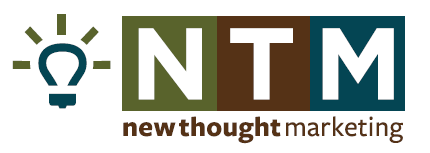Today, three people were killed in Boston and more than 100 injured at the finish line of the Boston Marathon. It quickly became the MAIN topic of conversation on Twitter and Facebook. I always remind our clients and friends that if you have any social media posts auto-scheduled, PULL THEM DOWN. Each tragedy and crisis is different in terms of its impact, but basically, you want to pull all your light-hearted posts or self-promotional messages until the online chatter has died down.
There are many reasons to do this:
1) Social media norms. It’s become accepted practice to press the “mute” button on promotional messages when crises happen. When you tweet about your new product or pillows or sale, you look clueless. All that equity you’ve built on social media – hey we’re hip! we get it! – GONE.
2) Common-sense social skills. Imagine being at a party, the TV on in the background, when the news breaks about a bombing. Everyone is shocked, horrified, trying to learn more. You contribute to the conversation with “hey, how’d you like to download my white paper?” People would look at you like you have two heads (or maybe, half a brain). That is exactly what it’s like online. Only they won’t just look at you funny, they’ll tell you you’re an idiot and they’ll tell all their friends you’re an idiot, too.
3) Nobody wants to be tacky. Building on my previous point, one of the reasons people enjoy social media is for its immediacy – real-time conversations on real-time events. If you post something so left field of what “everyone” is talking about, you’ll look clueless and out of touch. These are not qualities you want associated with your brand.
Some of you may wonder, yeah, but TV still runs commercials. Actually, during breaking news crises like this one, the news networks often run for hours before running any ads. But even when they run ads, that is the convention for TV. It is not the convention for social media. Again, social media is like having a party in your living room; you treat guests/friends differently than you treat an “audience.”
And that brings me to the message I think is most important: your social communities are your brand’s FRIENDS. They aren’t your broadcast audience. When you aren’t sure what to do, imagine how you would treat a FRIEND. You wouldn’t butt in while she was texting her college friend who was running in the marathon to ask her to vote on a photo in your contest, would you?

